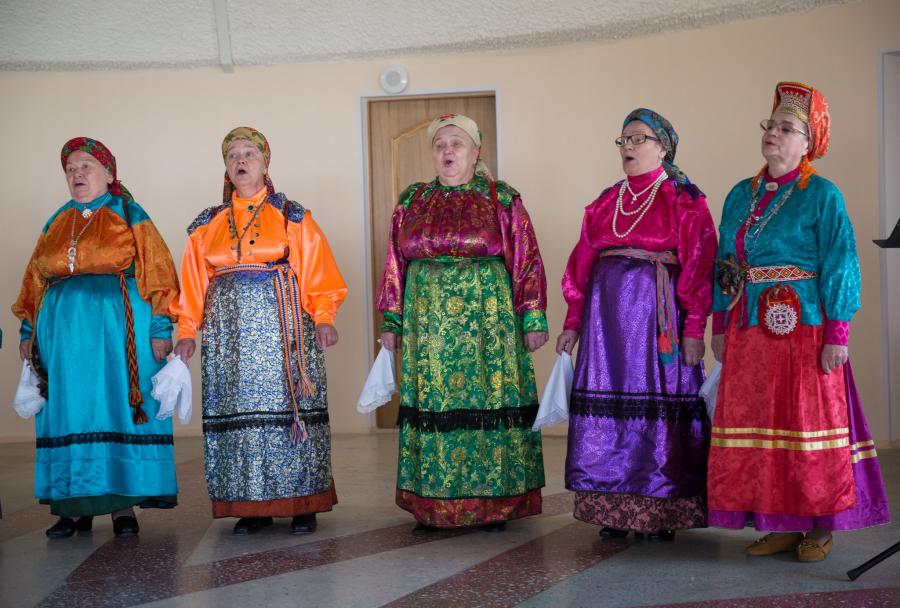
By Erica Belfi
The ABGN, a coalition of organizations, activists, and community leaders that represent and protect the rights of Indigenous Peoples in the North, Siberia, and the Far East of the Russian Federation, released an open letter on August 6, 2020, concerning the mining company Norilsk Nickel, otherwise known as Nornickel. The letter is addressed to Elon Musk, billionaire and CEO of Tesla Inc., who recently announced his search for more nickel to expand production of Tesla electric cars. While Nornickel is the leading producer of nickel, ABGN advocates that Musk not endorse the mining company by buying their nickel, copper, or other products. Nornickel operates on and has caused extensive environmental damage to the territories of Indigenous Peoples in the Arctic. The Sámi, Nentsy, Nganasan, Entsy, Dolgan and Evenki communities have occupied the land for generations but have suffered from Nornickel’s negative impacts on their herding, hunting, fishing, and overall economic and subsistence activities.
In light of their concerns, the ABGN set forth a series of demands in their letter, asking Musk to refrain buying from Nornickel until the company reviews and implements their requests. ABGN demands that Nornickel conduct an environmental review of the degradation that their company has caused while mining for metals in the Taymyr Peninsula and Murmansk Oblast. Nornickel must also compensate the Indigenous communities that they have disrupted and harmed. Furthermore, Nornickel must implement a thorough plan to recultivate and restore contaminated lands in the Taymyr Peninsula and Murmansk Oblast. Lastly, the ABGN Forum demands that Nornickel change their manner of interacting with Indigenous Peoples to comply with the United Nations Declaration on the Rights of Indigenous Peoples. The company must abide by the standard of Free, Prior and Informed Consent and work in consultation with Indigenous Peoples when mining activities affect their territories and resources.
The Arctic region is particularly vulnerable to environmental damage and it can take decades to recover from the effects of pollution. On May 29, 2020, a Nornickel power plant failed and released 21,000 tons of diesel oil into the local rivers. The letter notes that the extent of the spill was substantial: “the second-largest environmental disaster in the Arctic region, after the 1989 Exxon Valdez oil spill in Alaska.” Oil spills are a recurring problem, leaving the land devastated beyond its traditional use. Air pollution is yet another toxic byproduct of the company’s practices. In Monchegorsk on the Kola Peninsula, observers report a region of dying trees that expands over several square kilometers near Nornickel smelters that are used to process the mined metals. In January of 2019, the company’s smelters released so much sulfur dioxide into the air that municipal authorities in a Norwegian town across the border issued a health warning alarm, advising all people, especially those with heart complications, to stay away from the area. A 2018 Greenpeace analysis of NASA data ranked Russia the second top global emitter of sulfur dioxide in the world, with Norilsk, Russia ranking number one for the most hotspot regions.
The devastation caused by Nornickel’s practices does not stop there. One of Nornickel’s enrichment plants disposed of its wastewater into a nearby tundra on June 28th, 2020, dumping approximately 6,000 cubic meters of waste onto the land. The next day, a Nornickel industrial waste landfill burst into flames, burning high enough for the smoke to spread towards the tundra. While Vladimir Potanin, the company’s president, denies storing toxic waste in the landfill and downplays the environmental disasters that Nornickel has caused, environmental activists in the region accuse the company of attempted cover-ups. Given their secrecy, the true extent of the company’s destruction is unclear.
Tesla Inc. prides itself on being a major leader in electric car manufacturing, producing vehicles that are meant to be more economically and environmentally sustainable. Tesla even has its own Company Code of Conduct, which includes statements requiring that the company’s suppliers minimize their negative impacts on the environment in order to abide by long-term sustainability goals. An article in the Barents Observer draws attention to the mismatch between Tesla Inc.’s arguments for the environmental viability of electric cars and the ultimate destruction that occurs in the mining process for their essential battery components. ABGN thus calls on Elon Musk to adhere to his own company policies and the United Nations Declaration on the Rights of Indigenous Peoples by respecting Indigenous rights and refusing to support Nornickel until the letter’s demands are completely met.
TAKE ACTION
Sign your organization on to this support letter.
Post a photo on social media holding a sign with the following hashtags:
#AnswerUsElonMusk
#NoNickelfromNornickel
#DefendIndigenousArctic
Photo by Bill Dickinson.



